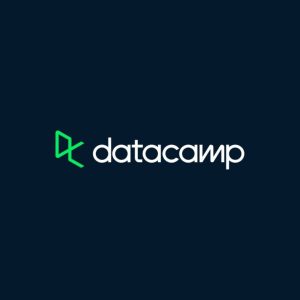Programming Paradigm Concepts
Explore a range of programming paradigms, including imperative and declarative, procedural, functional, and object-oriented programming.
Ready for a paradigm shift to what you know about programming? In Introduction to Programming Paradigms, you will learn the basics of various programming paradigms, including imperative and declarative programming, procedural programming, functional programming, and object-oriented programming.
You will learn about real-world use cases for these paradigms and common coding patterns in each one, and even write basic programs in Python for each paradigm. By the time you’re finished with the course, you’ll be able to recognize different programming paradigms and know when to choose one over another. You’ll even get a sneak peek into some more advanced topics like:
– Recursion in functional programming
– Class inheritance in procedural programming
Understand the Pros and Cons of Each Programming Paradigm
In chapters 2-4, you will explore procedural, functional, and object-oriented programming, respectively. Each chapter will cover the hallmarks of the specific programming paradigm, some common real-world applications, and enough of an overview to give you an understanding of when to use one paradigm over another.
Implement Simple Procedural, Functional, and Object-Oriented Programs
Each chapter will also include an exercise in building a program within the given paradigm. You will write subroutines and recursive functions, and define your own classes using Python.
By the time you finish, you’ll have a firm understanding of the basics of programming paradigms, their uses, common coding patterns, and when to apply each one in specific situations.




There are no reviews yet.